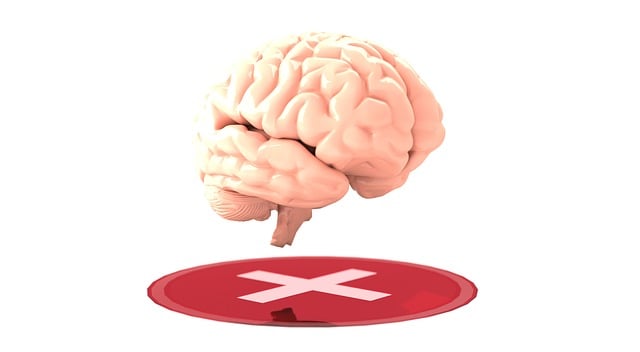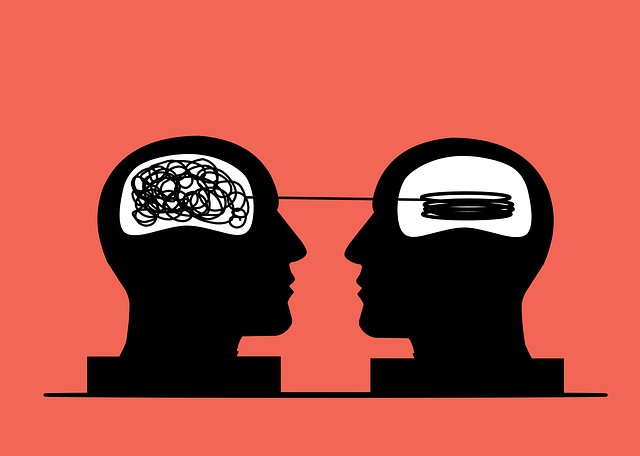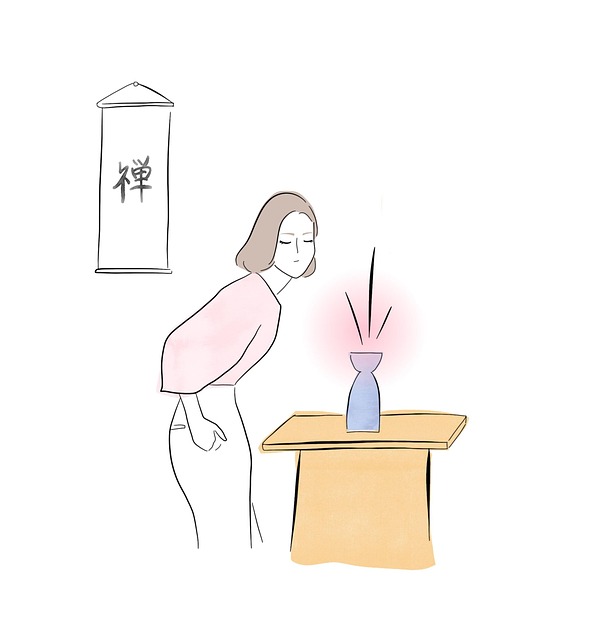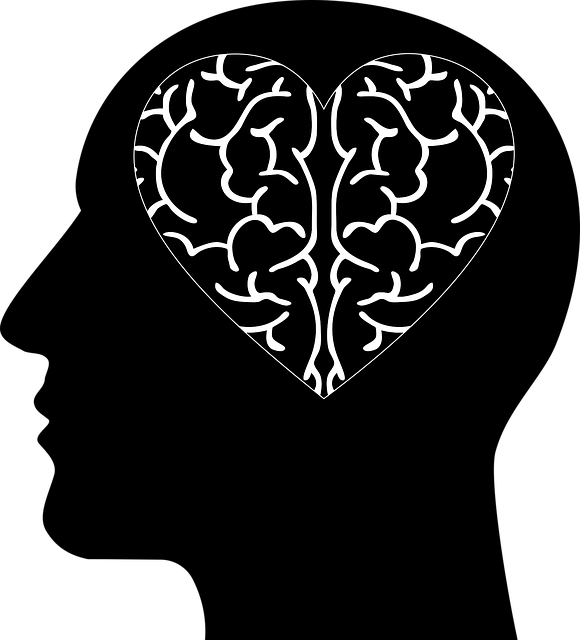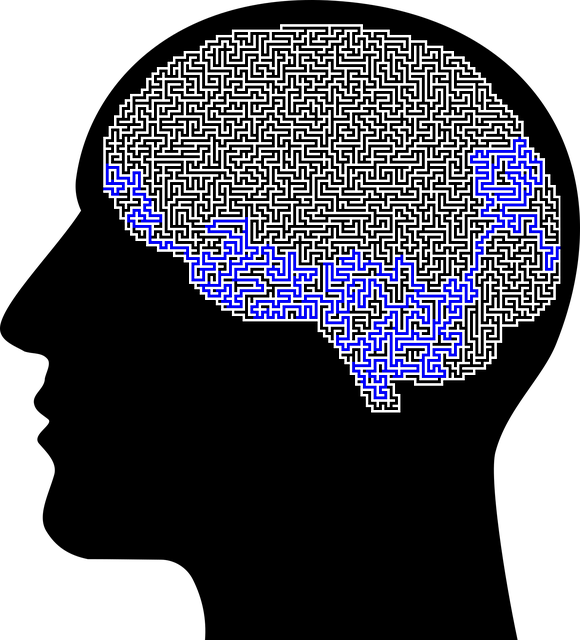Understanding mental health diagnoses is crucial for men's well-being, as societal expectations often prevent them from seeking help. This guide introduces common mental health conditions, symptoms, and treatment options, emphasizing that reaching out for assistance is a sign of strength. Parker Mens Issues Therapy (PMIT) offers personalized care, combining talk therapy with stress reduction methods to address depression, anxiety, trauma, substance abuse, and relationship issues using evidence-based techniques like CBT and mindfulness. PMIT, alongside medication, self-care practices, cultural sensitivity, and advocacy, empowers men to build resilience, reduce stigma, and access holistic mental health solutions tailored to their unique needs.
Mental illness diagnosis and treatment can be daunting, especially for men who often face unique challenges in seeking help. This comprehensive guide aims to navigate the complex landscape of mental health support tailored specifically for males. We explore the intricacies of understanding diagnoses, introducing the Parker Mens Issues Therapy Approach—a personalized care model gaining recognition for its effectiveness. Additionally, we delve into treatment options and offer valuable insights on building resilience through coping strategies, empowering men to prioritize their mental wellbeing with confidence.
- Understanding Mental Health Diagnoses: A Comprehensive Guide for Men
- The Parker Mens Issues Therapy Approach: Personalized Support and Care
- Navigating Treatment Options: Medication, Therapy, and Lifestyle Changes
- Building Resilience and Coping Strategies: Empowering Men's Mental Wellbeing
Understanding Mental Health Diagnoses: A Comprehensive Guide for Men

Understanding mental health diagnoses is a crucial step for men navigating their well-being, especially when seeking Parker mens issues therapy. Mental illness does not discriminate; it affects individuals across all demographics. However, men often face unique challenges in recognizing and discussing their emotional struggles due to societal expectations and gender stereotypes. Many are brought up to believe that expressing vulnerability is a sign of weakness, leading to delayed or avoided treatment.
A comprehensive guide for men interested in mental health therapy should cover common conditions, symptoms, and available treatment options. It’s essential to demystify the diagnosis process, explaining that seeking help is a sign of strength and self-care. Through resources like Parker mens issues therapy, men can learn to identify signs like persistent sadness, anxiety, or significant changes in appetite and sleep patterns. Additionally, understanding the role of Mental Health Policy Analysis and Advocacy and Community Outreach Program Implementation in promoting accessibility to care can boost confidence in pursuing treatment. This knowledge empowers men to take charge of their mental health journey, ensuring they receive the necessary support and services.
The Parker Mens Issues Therapy Approach: Personalized Support and Care

The Parker Mens Issues Therapy (PMIT) Approach offers a unique and highly effective way to navigate mental health care, with a focus on personalized support and tailored care for men’s specific needs. This therapeutic model recognizes that men often face unique challenges when it comes to discussing their emotional well-being, and as such, PMIT provides a safe and non-judgmental space to explore these issues. The core principles of this approach are deeply rooted in the Mind Over Matter philosophy, encouraging individuals to take control of their mental health through a combination of talk therapy and practical stress reduction methods.
By employing tailored strategies, PMIT aims to empower men to manage their symptoms effectively. Therapists use evidence-based techniques, such as cognitive behavioral therapy (CBT), mindfulness practices, and emotional well-being promotion techniques, to address various concerns. These may include depression, anxiety, trauma, substance abuse, or relationship issues. The personalized nature of PMIT ensures that each man receives the exact support needed to overcome their unique challenges, fostering a holistic improvement in their mental health and overall quality of life.
Navigating Treatment Options: Medication, Therapy, and Lifestyle Changes

Navigating treatment options is a crucial step for individuals seeking support for their mental health. The journey often begins with exploring various therapeutic modalities, such as Parker Mens Issues Therapy, which focuses on addressing specific gender-related challenges. This form of therapy provides a safe space for men to explore emotions, process trauma, and develop coping strategies tailored to their unique experiences.
Alongside therapy, medication can play a significant role in managing mental illness. Antidepressants, mood stabilizers, and anti-anxiety medications are commonly prescribed to help regulate brain chemicals associated with emotional healing processes. It’s important to work closely with healthcare professionals who understand the intricate interplay between biological, psychological, and social factors. Additionally, integrating self-care practices like regular exercise, mindfulness meditation, and adequate sleep can complement formal treatments, fostering a holistic approach to mental well-being. Cultural sensitivity in mental healthcare practice is also essential, ensuring that treatment options are accessible and respectful of diverse backgrounds and beliefs.
Building Resilience and Coping Strategies: Empowering Men's Mental Wellbeing

Building resilience and coping strategies is a pivotal aspect of empowering men’s mental wellbeing, especially in addressing prevalent issues like burnout among healthcare providers. The journey towards mental health begins with understanding that resilience is not an inherent trait but a skill that can be cultivated over time. Men, often socialized to suppress emotions, can benefit significantly from therapy and support groups facilitated by professionals specializing in Parker Mens Issues Therapy. These safe spaces encourage open dialogue, fostering a sense of belonging and reducing the stigma associated with seeking help.
Resilience-building techniques tailored for men include mindfulness practices, stress management training, and cognitive-behavioral therapies. By integrating these into their daily routines, individuals can develop effective coping mechanisms to navigate life’s challenges. Furthermore, Mental Health Policy Analysis and Advocacy play a crucial role in ensuring accessible resources and supportive environments for men struggling with mental health issues. Initiatives focused on Burnout Prevention Strategies for Healthcare Providers are also essential, as they promote healthy work-life balance, thereby indirectly contributing to building resilience among men facing various mental health challenges.
Mental health is a complex journey, but with the right tools and support, men can navigate their diagnoses and embrace a path to recovery. The comprehensive guide on understanding mental health offers a starting point, while the Parker Mens Issues Therapy Approach provides personalized care tailored to individual needs. By exploring treatment options and adopting effective coping strategies, men can take charge of their mental wellbeing. This journey may be challenging, but with access to resources like the Parker therapy approach, there is hope for improvement and a brighter future.




